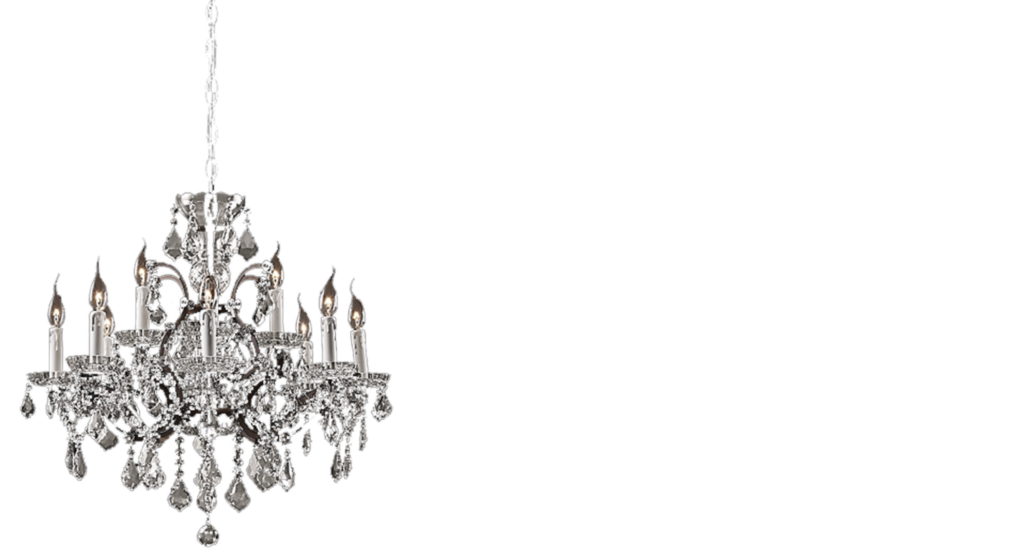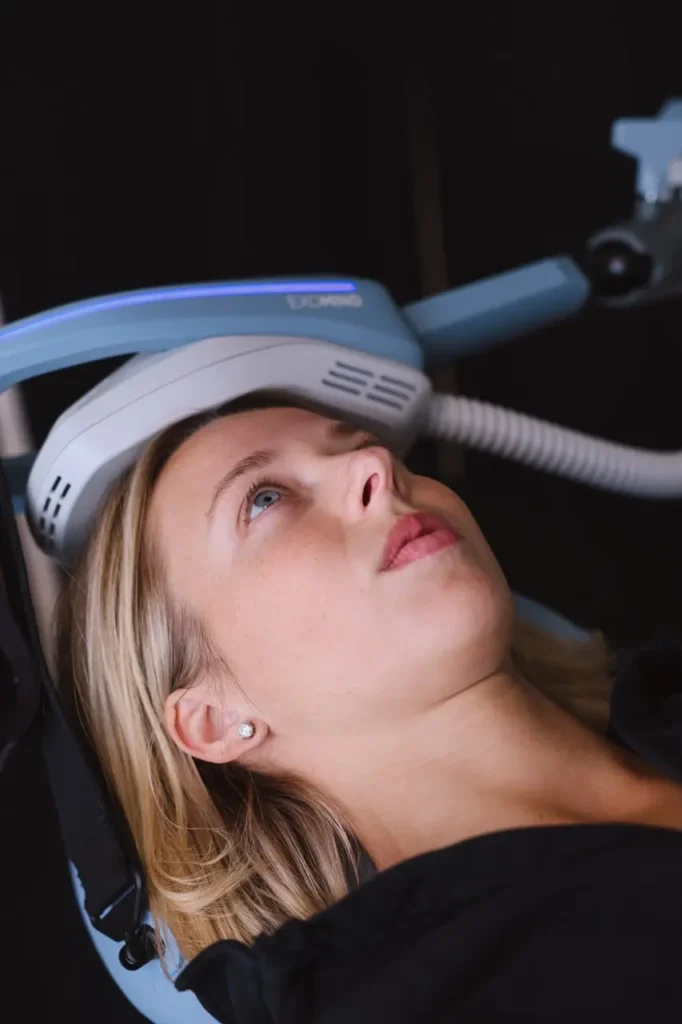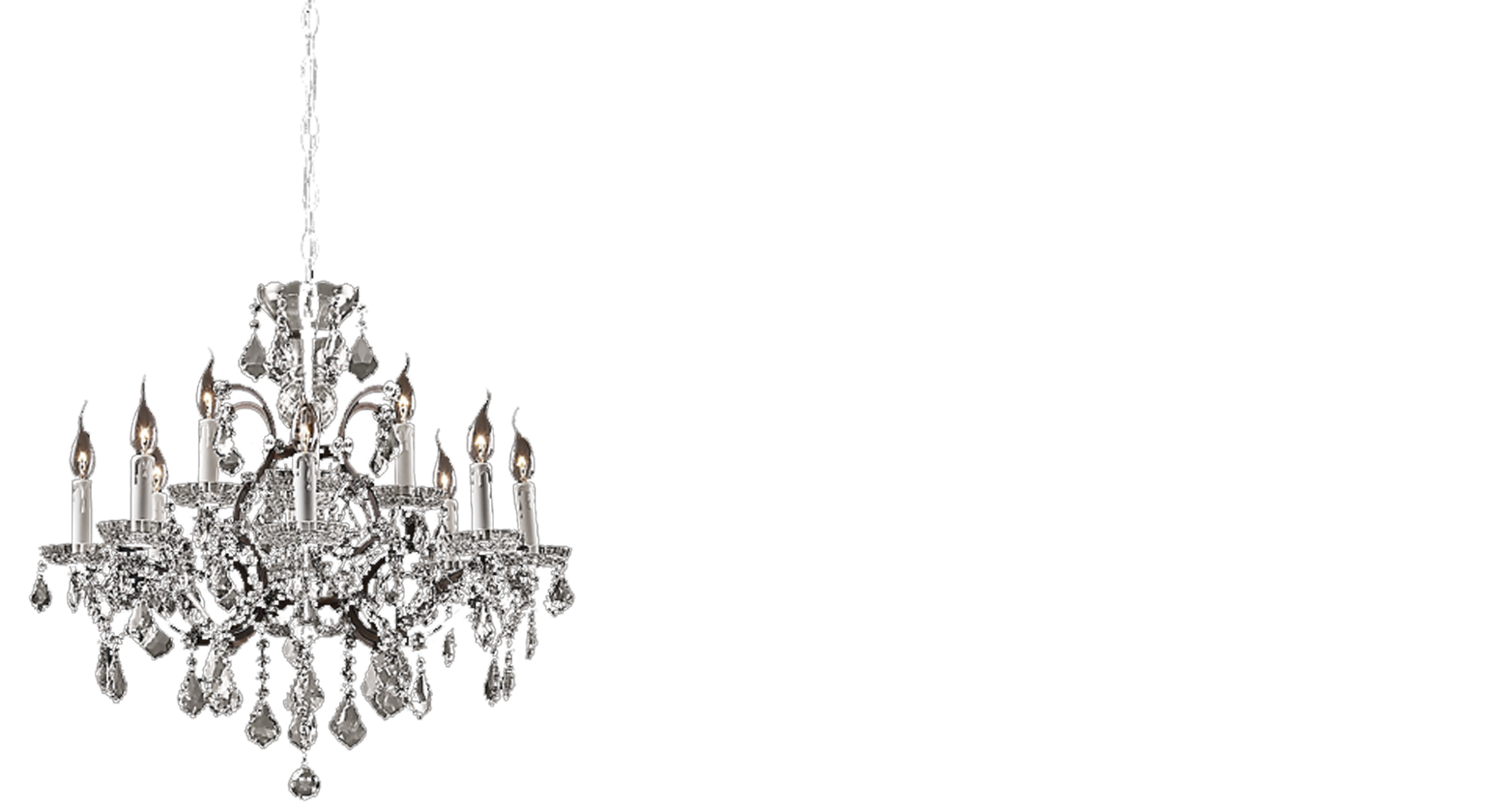Key Takeaways:
- Luxury Psychiatry Clinic offers both traditional TMS therapy and next-generation Exomind TMS, providing non-invasive, FDA-cleared treatments for depression, OCD, and other mental health conditions.
- Exomind is available at the Orlando office, while traditional TMS is offered in both Chicago and Orlando, making advanced brain stimulation accessible in multiple locations.
- What is Exomind therapy? Exomind uses real-time brain mapping and adaptive stimulation for greater precision and personalization compared to standard TMS.
- Both Exomind and TMS are safe, drug-free treatments with minimal side effects, no downtime, and proven results for treatment-resistant depression and obsessive-compulsive disorder.
- Patients receive personalized treatment plans from board-certified psychiatrists, with options for in-person or telepsychiatry care, ensuring individualized support for long-term mental wellness.
If you’ve been exploring non-invasive treatment options for depression or obsessive-compulsive disorder, you’ve likely come across two terms: Exomind and TMS. Both are forms of transcranial magnetic stimulation, a drug-free therapy that uses magnetic pulses to stimulate specific areas of the brain associated with mood, emotional regulation, and decision-making. As patients increasingly seek alternatives to antidepressants—especially for treatment-resistant depression—it’s natural to wonder: what’s the difference between Exomind and traditional TMS? And more importantly, which one is right for me?
At Luxury Psychiatry Clinic, we offer both therapies, depending on your location and clinical needs. Traditional TMS is available in both our Chicago and Orlando offices, while Exomind—a next-generation, precision-based TMS approach—is currently offered exclusively at our Orlando location. Our board-certified providers specialize in personalizing each mental health treatment plan to align with your brain health, lifestyle, and treatment history, whether you’re seeking relief from major depressive disorder (MDD), OCD, or other complex mental health conditions.
What Is Traditional TMS?
Transcranial Magnetic Stimulation (TMS) is a non-invasive brain stimulation therapy that uses magnetic pulses to activate specific areas of the brain linked to mood, focus, and emotional regulation. Most commonly targeting the dorsolateral prefrontal cortex (DLPFC), TMS stimulates nerve cells and neural pathways to support improved brain activity, especially in individuals with major depressive disorder (MDD) or obsessive-compulsive disorder (OCD). Unlike medications, TMS is a drug-free therapy that relies on external magnetic fields to influence the brain’s natural neuroplasticity—its ability to rewire and heal itself.
Approved by the FDA, TMS is currently cleared for use in treating treatment-resistant depression, OCD, and certain forms of anxiety. It has also been explored for other mental health conditions like PTSD and bipolar depression, though these are considered off-label uses.
Typical Protocols
A standard course of TMS involves 5 sessions per week for 4 to 6 weeks, followed by optional tapering or maintenance sessions. Each treatment typically lasts 20 to 40 minutes, depending on the specific protocol.
Duration
Many patients begin to notice improvements in mood and mental well-being after the second or third week, though some may respond sooner.
Side Effects
TMS is generally well-tolerated. Minimal side effects may include mild scalp discomfort, tingling, or headaches during or shortly after sessions.
Downtime
There is no recovery time required. Patients can resume normal daily activities, including work or school, immediately after each session.
What Is Exomind?
Exomind is a next-generation TMS therapy designed to enhance the precision, personalization, and effectiveness of traditional transcranial magnetic stimulation. While both therapies rely on magnetic pulses to stimulate the brain, Exomind uses advanced brain mapping and adaptive stimulation to target highly specific areas of the brain, including the dorsolateral prefrontal cortex (DLPFC) and surrounding neural circuits. Through real-time monitoring of the brain’s electrical signals, Exomind dynamically adjusts stimulation based on your brain’s activity during each session, promoting deeper engagement with the targeted neural pathways and optimizing neuroplasticity.
Using a proprietary coil system and state-of-the-art magnetic field technology, Exomind delivers highly focused pulses with greater consistency across sessions. It is a non-invasive brain stimulation therapy designed to maximize clinical outcomes while minimizing discomfort and side effects.
FDA Status
Exomind is a TMS platform that delivers FDA-cleared protocols for conditions like treatment-resistant depression and OCD. The technology itself follows regulatory guidelines for transcranial magnetic stimulation devices and is implemented in clinical settings under physician supervision.
Typical Protocols
Similar to traditional TMS, Exomind sessions are typically conducted 5 days per week over 4 to 6 weeks. However, the adaptive features may allow for more efficient targeting and patient-specific adjustments, especially for complex cases.
Duration
Sessions typically last 20 to 40 minutes, depending on the personalized treatment plan and brain mapping data.
Side Effects
Most patients report minimal side effects, such as mild scalp tingling or temporary headache—similar to traditional TMS. The adaptive targeting may reduce discomfort during sessions.
Downtime
There is no required recovery time. Patients can drive themselves home and return to daily activities immediately following each Exomind session.
Technical Comparison: Exomind vs Traditional TMS
While both Exomind and traditional TMS fall under the umbrella of non-invasive brain stimulation, they differ significantly in how they stimulate the brain and how precisely they engage neural circuits. Traditional TMS delivers magnetic pulses at a fixed intensity and location, typically targeting the dorsolateral prefrontal cortex (DLPFC)—a brain region associated with emotional regulation, decision-making, and symptoms of depression. While effective, traditional TMS uses a one-size-fits-most model, which may not account for subtle variations in individual brain activity or connectivity.
In contrast, Exomind integrates real-time brain mapping and adaptive targeting. The system tracks your brain’s electrical responses during each session, allowing it to adjust the intensity, timing, and depth of stimulation in real-time. This dynamic feedback loop enhances precision, allowing Exomind to stimulate specific areas of the brain with greater accuracy and engage the neural pathways most relevant to your mental health condition. This level of personalization can accelerate changes in neuroplasticity, supporting more effective long-term rewiring of the brain for individuals with treatment-resistant depression, OCD, or cognitive symptoms like brain fog.
Side Effects
Both treatments are associated with minimal side effects. Patients may experience light scalp discomfort or headache, though some find Exomind more comfortable due to its adaptive pulse modulation.
Comfort
Exomind’s real-time adjustments may offer a more tailored and comfortable experience compared to the fixed parameters of traditional TMS.
Downtime
There is no downtime for either therapy. Patients can return to work or daily activities immediately after treatment.
Session Length
Sessions for both therapies last approximately 20 to 40 minutes, though Exomind may allow for faster optimization of outcomes due to its adaptive stimulation model.
Clinical Efficacy & Evidence
Both traditional TMS and Exomind have shown promise in treating a range of mental health conditions, particularly in cases where standard medications and therapy have failed. Numerous peer-reviewed studies have demonstrated that traditional TMS offers significant benefit for individuals with treatment-resistant depression, with response rates ranging from 50–60% and remission rates around 30%. It is also FDA-cleared for OCD, where it targets specific neural pathways associated with obsessive thought loops and compulsive behaviors.
Early data on Exomind—a next-generation advancement in brain stimulation—suggests that its adaptive, real-time targeting may result in even higher clinical efficacy. According to research led by Dr. Michelle Dees, board-certified psychiatrist and principal investigator at Luxury Psychiatry Clinic, Exomind demonstrated impressive improvements in mood, emotional regulation, and cognitive function, even among patients with long-standing major depressive disorder (MDD) and obsessive-compulsive disorder (OCD). In her published study, Exomind was shown to significantly increase neuroplasticity and engage targeted neural circuits more effectively than traditional TMS platforms.
While the clinical data for traditional TMS is well-established, Exomind represents an emerging field within non-invasive therapy. Though initial studies—including those led by Dr. Dees—are promising, larger-scale clinical trials are still needed to validate long-term outcomes across diverse patient populations. As with any mental health treatment, individual results may vary, and both modalities should be considered in the context of a personalized treatment plan.
When to Choose One vs the Other
Choosing between Exomind and traditional TMS depends on your mental health history, treatment goals, and personal preferences. Exomind may be ideal for individuals with treatment-resistant depression, OCD, or cognitive symptoms like brain fog, especially if they’ve had limited success with medications or prior TMS treatments. Its real-time brain mapping and adaptive stimulation allow for a more personalized experience, targeting specific areas of the brain with greater precision. Meanwhile, traditional TMS remains a trusted, FDA-cleared option with a strong track record for improving major depressive disorder and is well-suited for those seeking a widely available and research-backed therapy.
From a practical standpoint, insurance coverage is more common for traditional TMS, while Exomind coverage may vary depending on your provider. Luxury Psychiatry Clinic offers TMS in both Chicago and Orlando, making it more geographically accessible, while Exomind sessions are currently available only at our Orlando location. If you’re unsure which therapy is right for you, our clinical team can evaluate your symptoms, prior treatments, and comfort preferences to develop a personalized mental health treatment plan.
Safety, Side Effects, Contraindications
Traditional TMS
TMS is widely regarded as a safe and non-invasive therapy for treating major depressive disorder, OCD, and other mental health conditions. The most common side effects include mild scalp tingling, slight discomfort at the treatment site, and occasional headaches—most of which resolve shortly after sessions. These effects tend to decrease over time as the body adjusts to the therapy.
TMS is not recommended for individuals with a history of seizures, metal implants in or near the head (such as aneurysm clips or cochlear implants), or certain neurological conditions. As with any brain stimulation therapy, our providers conduct a thorough evaluation to ensure your safety. Throughout the course of treatment, patients are closely monitored by our clinical team to track response and adjust protocols if needed. Follow-up appointments are part of every treatment plan to support sustained mental well-being.
Exomind
Like TMS, Exomind is a non-invasive brain stimulation treatment with a strong safety profile. Most patients report similar minimal side effects, such as scalp tingling or temporary fatigue. However, Exomind’s adaptive stimulation may improve comfort by reducing overstimulation and adjusting intensity based on your brain’s real-time activity.
Contraindications for Exomind are largely the same as traditional TMS, including implanted medical devices or active seizure disorders. At Luxury Psychiatry Clinic, patients receiving Exomind undergo personalized brain mapping and baseline assessments before treatment begins. Each session is guided and supervised by trained professionals, with ongoing clinical monitoring and regular reviews to ensure the therapy is safe, effective, and aligned with your evolving needs.
Where to Find the Right Therapy
At Luxury Psychiatry Clinic, we’re committed to helping you find the treatment that actually works—not just putting you on a plan and waiting to see what happens. Whether you’re exploring TMS or Exomind, we continually evaluate your progress and adjust your treatment plan as needed, integrating psychotherapy, medication management, and advanced interventions to support your full mental wellness. We also offer telepsychiatry and teletherapy services for patients in both Chicago and Orlando, so care is always within reach.
Exomind therapy is currently available only at our Orlando office, while traditional TMS is offered at both our Chicago and Orlando locations. If you’re in Chicago, our board-certified providers can evaluate whether TMS is a strong fit for your condition and adjust your care as you progress. Patients in Orlando have access to both Exomind and traditional TMS, giving them more flexibility in selecting the right form of non-invasive brain stimulation. No matter where you are, our team will guide you through a thoughtful, personalized approach focused on your long-term mental health and well-being.
Choose the Right Form of TMS Therapy
Both Exomind and traditional TMS offer safe, effective, and drug-free options for improving mental health, especially for individuals struggling with treatment-resistant depression, OCD, or other complex mental health conditions. Traditional TMS is a well-established, FDA-cleared therapy with a proven track record and wider insurance coverage, while Exomind represents the next generation of brain stimulation, offering enhanced precision, real-time adaptation, and deeper personalization through brain mapping technology. The best choice depends on your specific diagnosis, prior treatment history, and personal comfort preferences.
At Luxury Psychiatry Clinic, our providers don’t believe in one-size-fits-all care. We conduct in-depth clinical evaluations—including full psychiatric assessments and advanced neuroimaging where appropriate—to determine the most effective path forward. Whether you’re in Chicago or Orlando, our team will help you understand your options and develop a treatment plan that supports your long-term mental wellness.
Schedule your consultation today to take the first step toward a more personalized and effective approach to recovery.
Common Questions
Most patients experience only mild scalp tingling or slight discomfort during sessions, which typically fades quickly.
No. Both Exomind and traditional TMS are outpatient treatments with no downtime—you can return to normal activities right after.
A typical course involves 20–30 sessions over 4–6 weeks, though this may vary based on your treatment plan.
No, Exomind and TMS are non-systemic therapies and do not affect metabolism or cause weight changes.
Yes. In some cases, patients may start with one form and transition to the other, depending on clinical response and provider recommendations.
